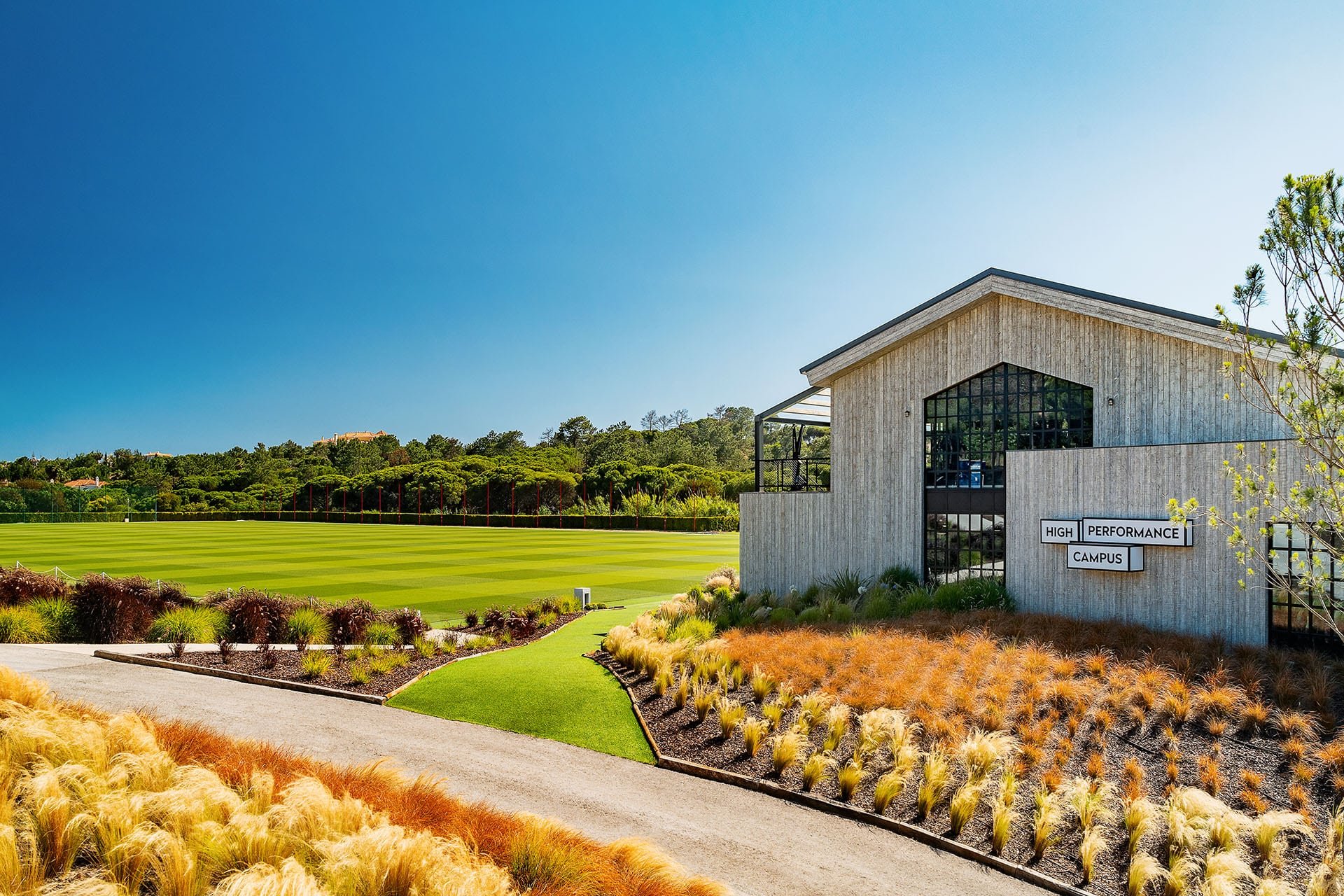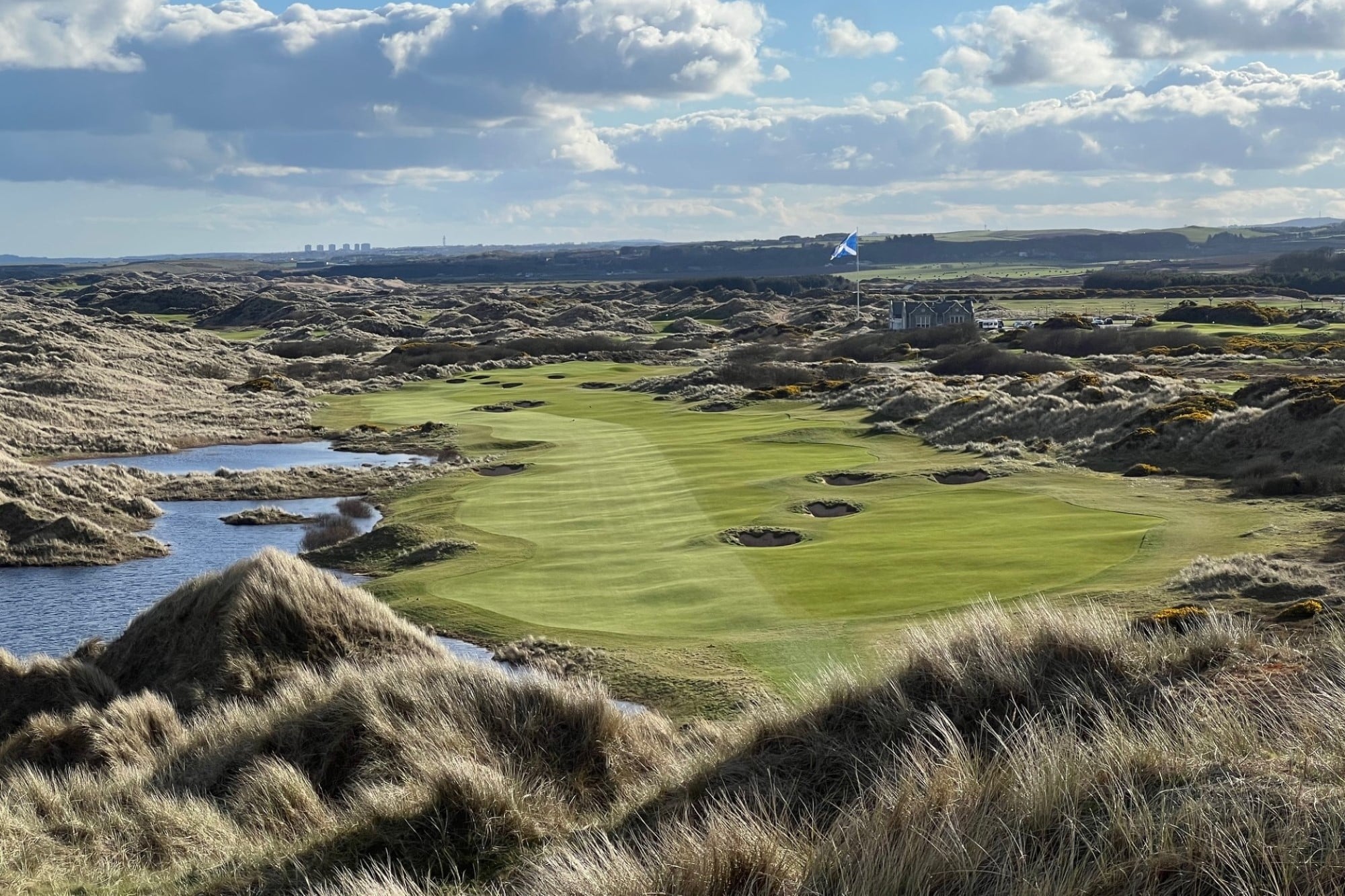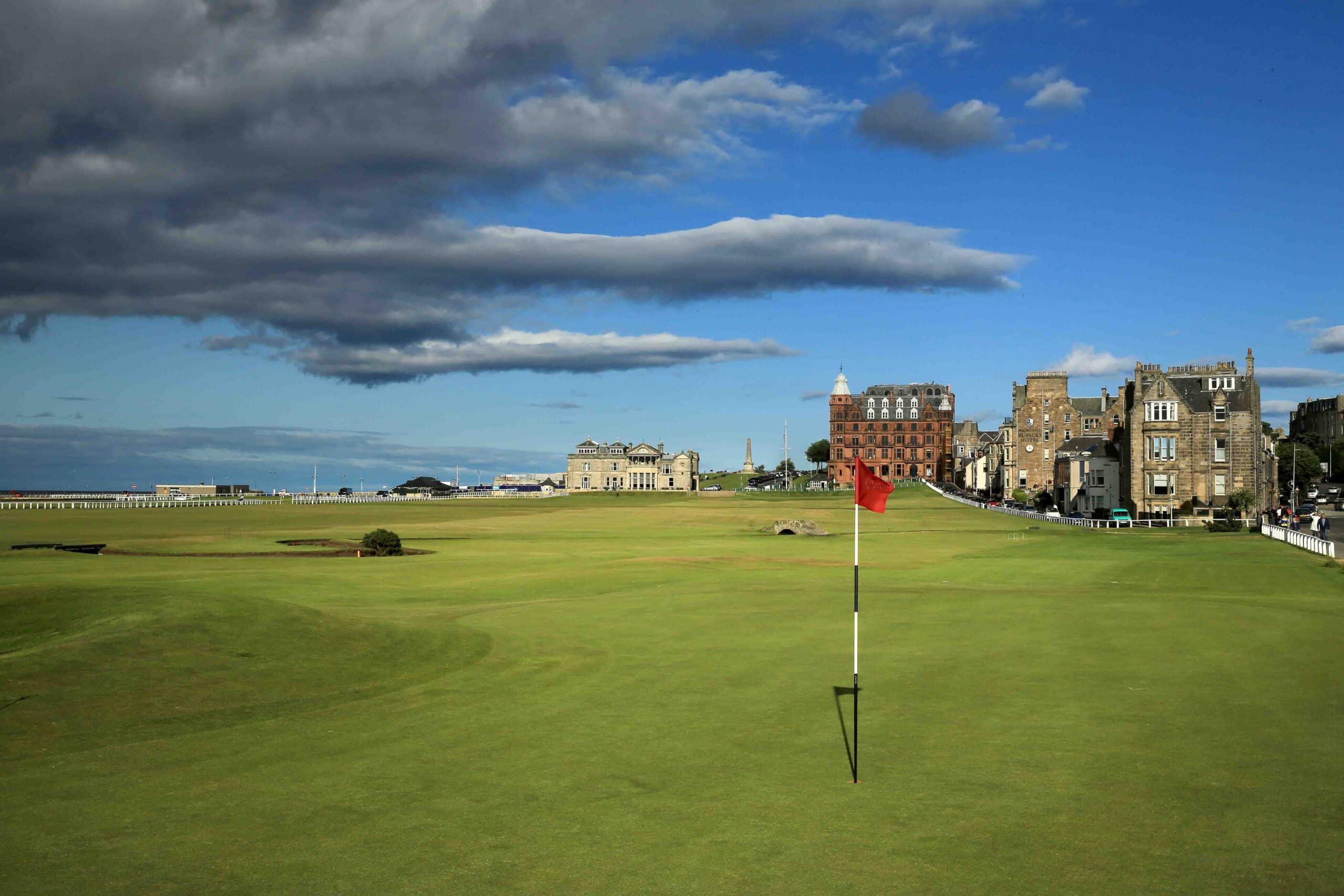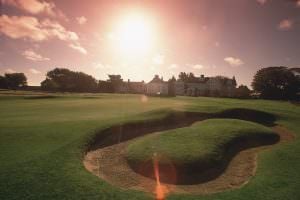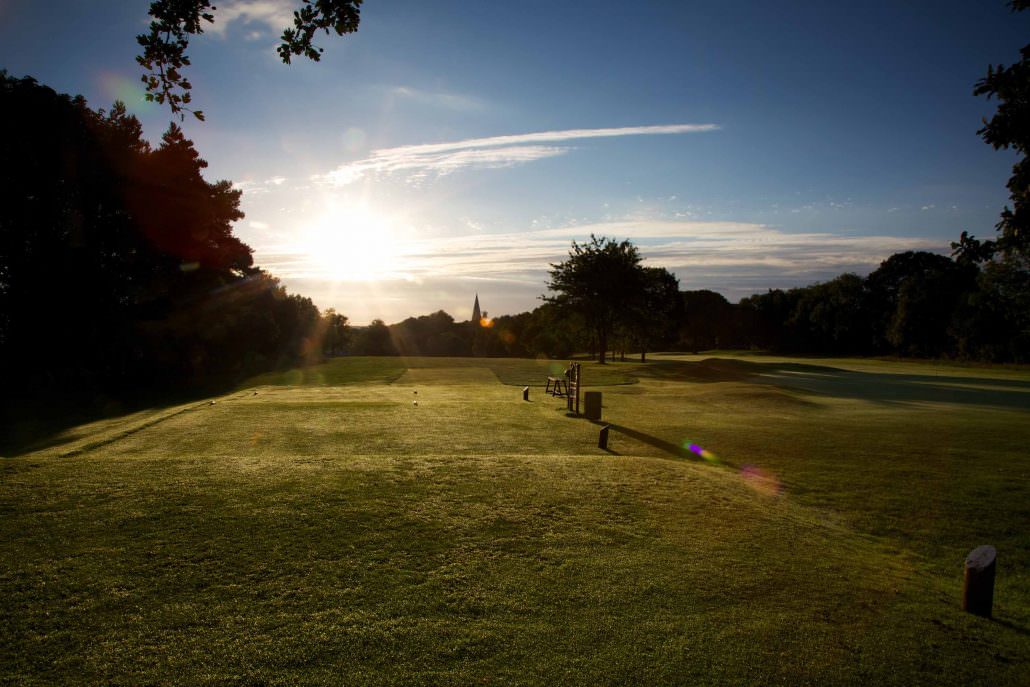
Why the grass really proved to be greener at Tyneside
When Tyneside Golf Club built their practice ground and par 3 course a couple of years ago, it was done with a focus on bringing newcomers into the game.
That’s not surprising since it is the desire to give beginners the bug that has dominated the drive to increase membership at so many clubs.
But when Peter Smith came in as general manager just over 12 months ago, and had the task of getting the club’s jewel up and running, he found it brought unexpected – and financially beneficial – results for a club that is surrounded by stiff competition from the likes of Close House and Northumberland.
We caught up with Smith to find out what happened and what the results have been…

What did you do with your practice ground that has made it such a success?
We made it into more of a driving range and staffed it at certain hours – not just to service a market for our own members but also externally to the area. The unique selling point was that we maintained grass surfaces so that people could practise off the grass.
All the other ranges in the area are off mats. It proved very popular with a lot of good players in the area. We picked up 100 practice ground members.
It was the intention to try and tap into the beginners’ market but, inadvertently, we have created a facility that was attractive, because of the standard, for good players to use as their practice base.
The idea of a par 3 course is to start generating your own members for the future, who will stay loyal to a club if they get that intrinsic link with it. It’s about setting up pathways, which we hope we have got better in place for this coming year.
We need to do more work on that this year but it was a great year to launch it.
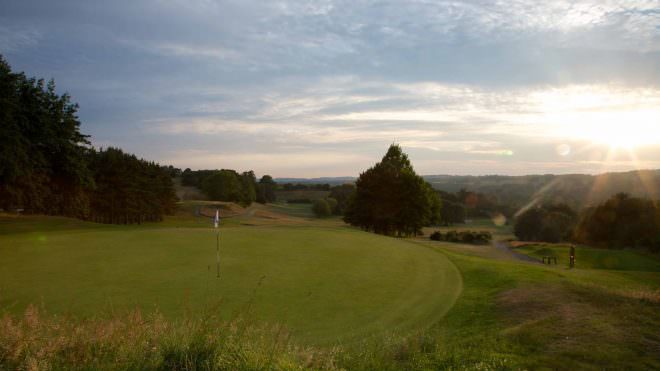
Has it had an impact on other parts of the club as well?
We offer all-year-round playability, as we’ve got natural free-draining land, and we also invested in some drainage systems on two of our winter greens.
We actually picked up 50 winter members on the scheme running from October to February.
We’ve had a very good winter to play golf and that winter membership and the 100 practice and par 3 members has enabled Tyneside to pop its head above the parapet again.
The club was very successful 25 to 30 years ago when it was kind of a hidden gem – although I hate that phrase. It was a private members’ club and very difficult to get in.
As the industry has changed, it’s no longer a benefit being hidden and we need to shout from the rooftops saying ‘these are our facilities, this is what we’ve got on offer, this is the benefit of being a member’.
We’re hoping that we are making that breakthrough and the indications are we are starting to head along the right track.
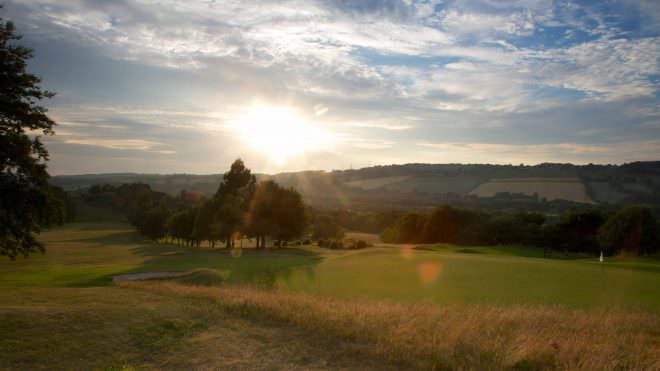
Why Tyneside Golf Club is proving to be right on Pont
Tyneside Golf Club is the oldest inland club in the North East, having been established in 1879, and is widely regarded as one of the best parkland courses in the region.
Their current course was designed and laid out by Harry Colt in 1911 and it sits high above the Tyne Valley – meaning it’s open all year round.
The club have been working with Frank Pont, of Infinity Variety Golf Design, who specialises in restoring Colt courses. One of the interesting features of the 6,000-yard, par 70 is that all the par 3s point in a different direction.
You’ll play a short hole to the north, south, east and west, meaning you will face all variety of wind and weather conditions.
Tyneside Golf Club general manager Peter Smith said: “As a club we’ve always invested heavily in the course and that has been fantastic – because the quality of the product is the most important thing.
“If we’ve had a good renewal period, we have the opportunity to start looking at other areas of the club. The clubhouse is based on an old cricket pavilion, and looks brilliant from the outside, but it needs to be modernised a little inside. The first impression you get as you come into the club is an area that I’ve identified as wanting to improve.”
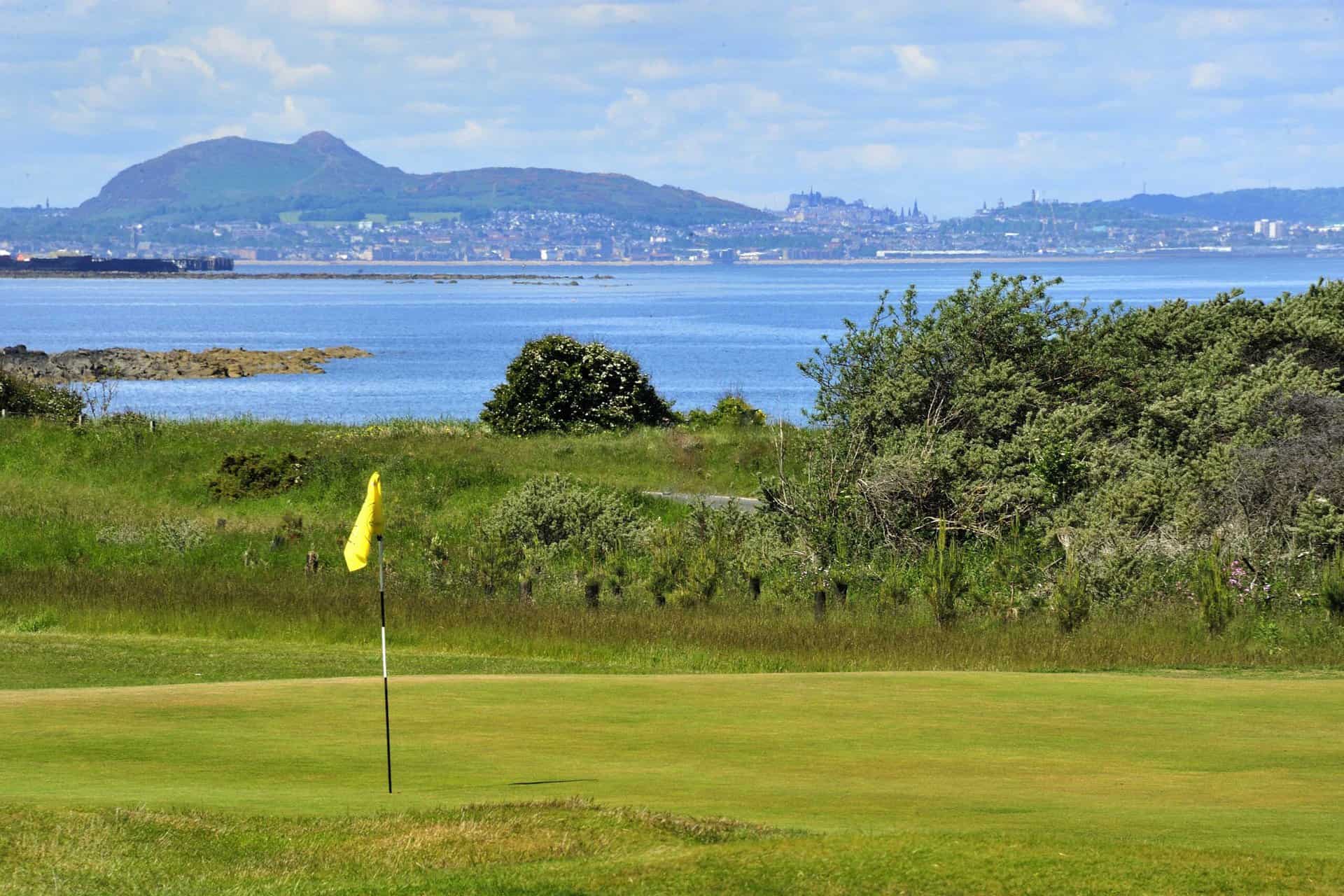
Why Longniddry proved such a tough test for the pros
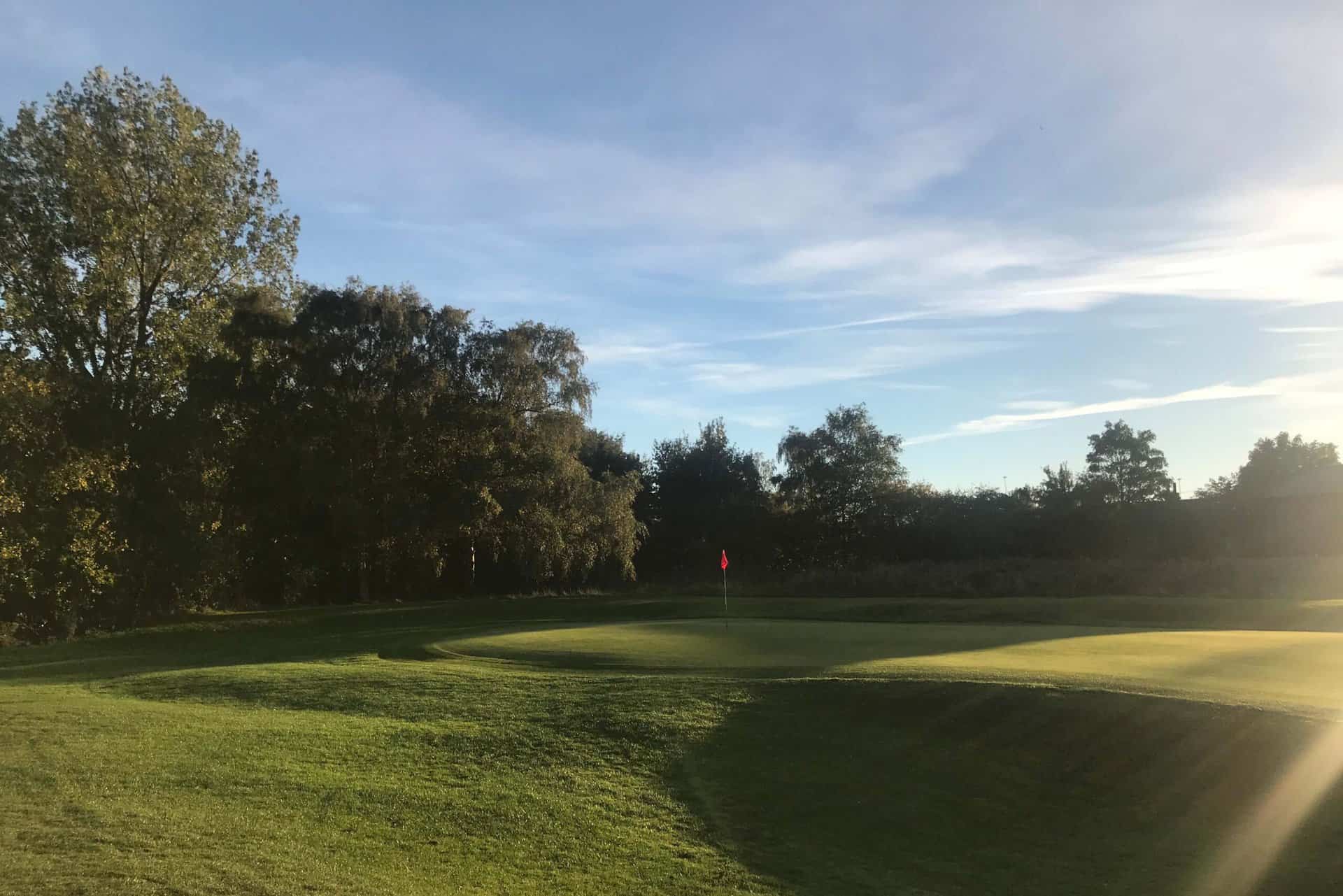
Is this the UK’s only 11-hole golf course?

How Close House took the next step after the British Masters
Steve Carroll

A journalist for 25 years, Steve has been immersed in club golf for almost as long. A former club captain, he has passed the Level 3 Rules of Golf exam with distinction having attended the R&A's prestigious Tournament Administrators and Referees Seminar.
Steve has officiated at a host of high-profile tournaments, including Open Regional Qualifying, PGA Fourball Championship, English Men's Senior Amateur, and the North of England Amateur Championship. In 2023, he made his international debut as part of the team that refereed England vs Switzerland U16 girls.
A part of NCG's Top 100s panel, Steve has a particular love of links golf and is frantically trying to restore his single-figure handicap. He currently floats at around 11.
Steve plays at Close House, in Newcastle, and York GC, where he is a member of the club's matches and competitions committee and referees the annual 36-hole scratch York Rose Bowl.
Having studied history at Newcastle University, he became a journalist having passed his NTCJ exams at Darlington College of Technology.
What's in Steve's bag: TaylorMade Stealth 2 driver, 3-wood, and hybrids; TaylorMade Stealth 2 irons; TaylorMade Hi-Toe, Ping ChipR, Sik Putter.


